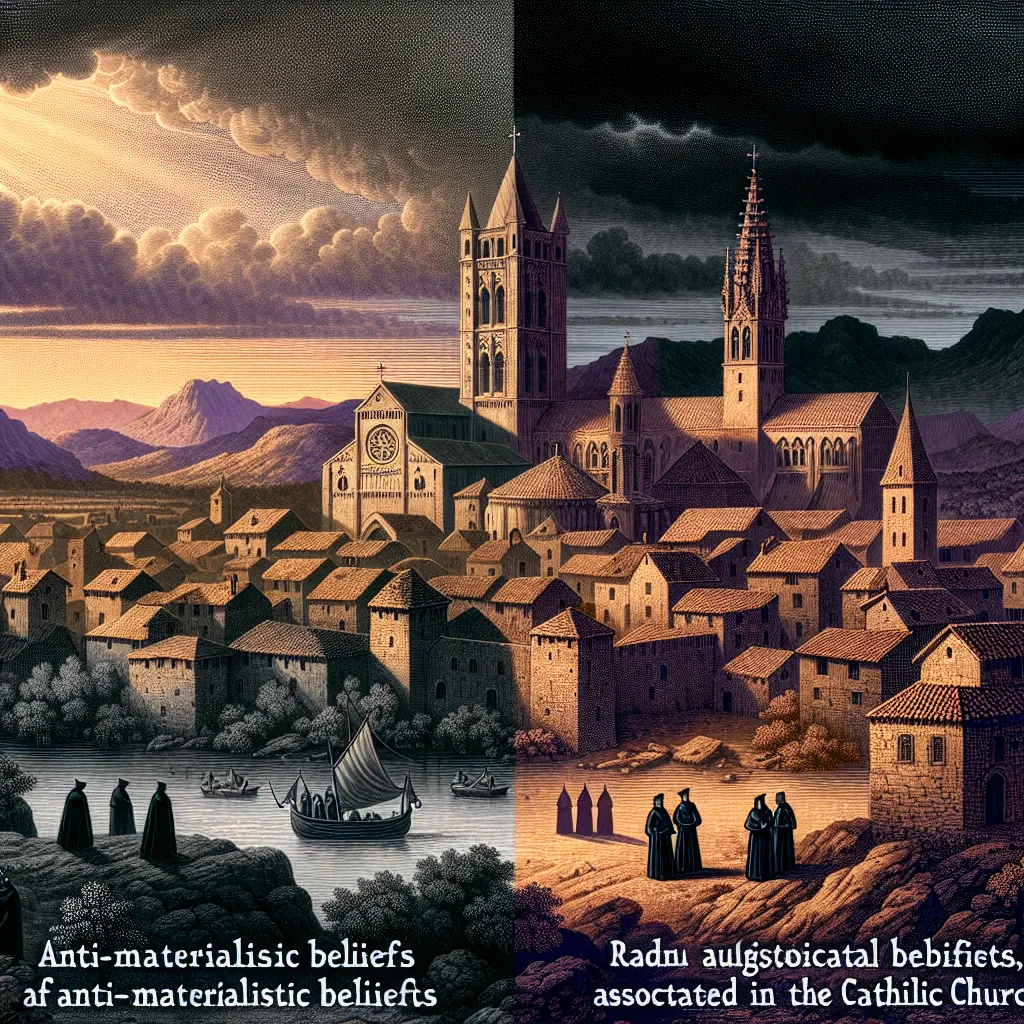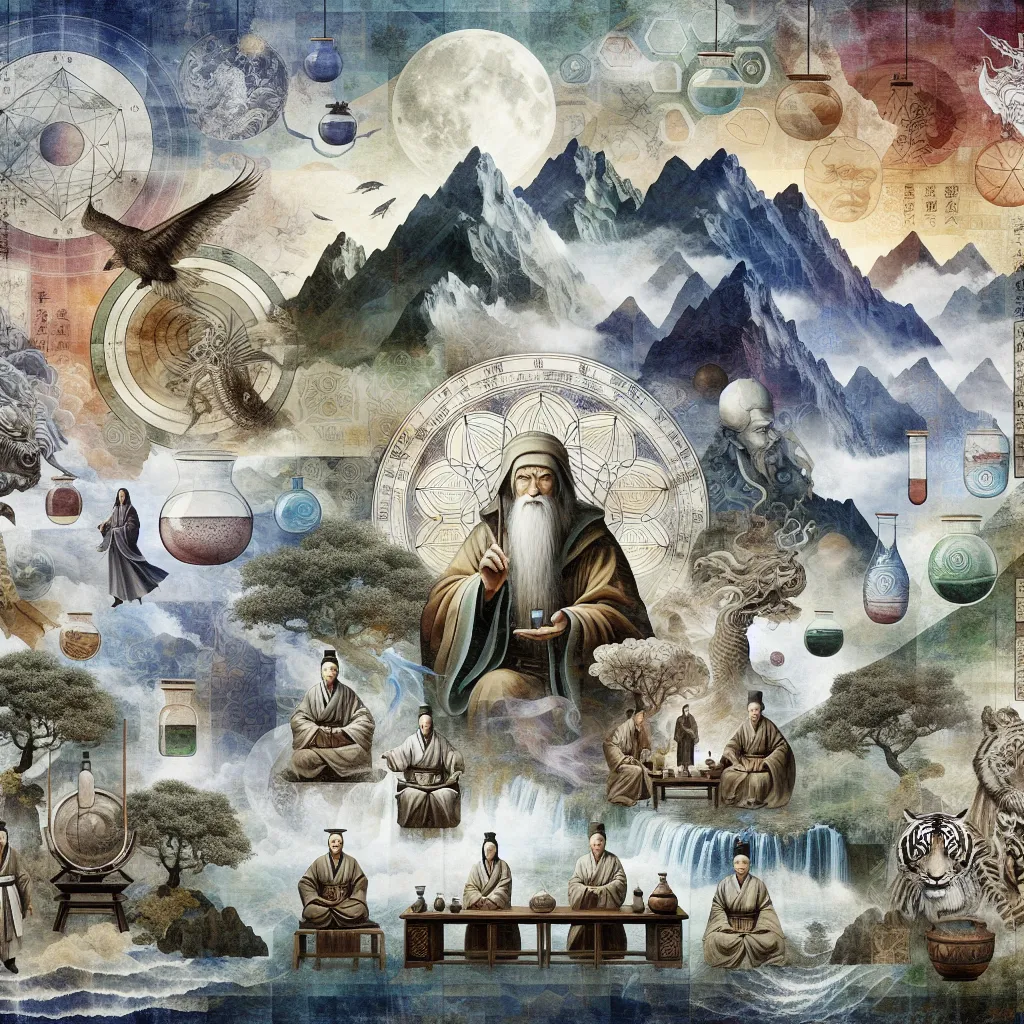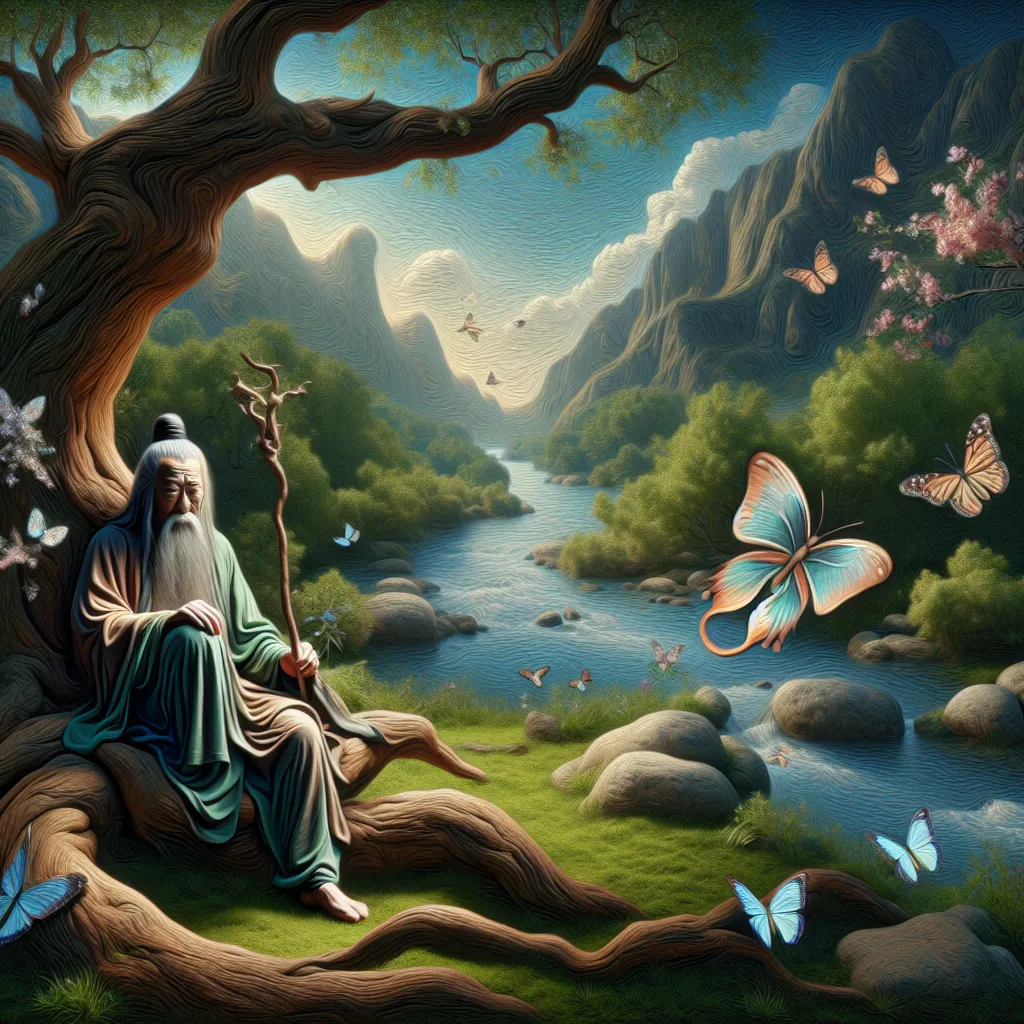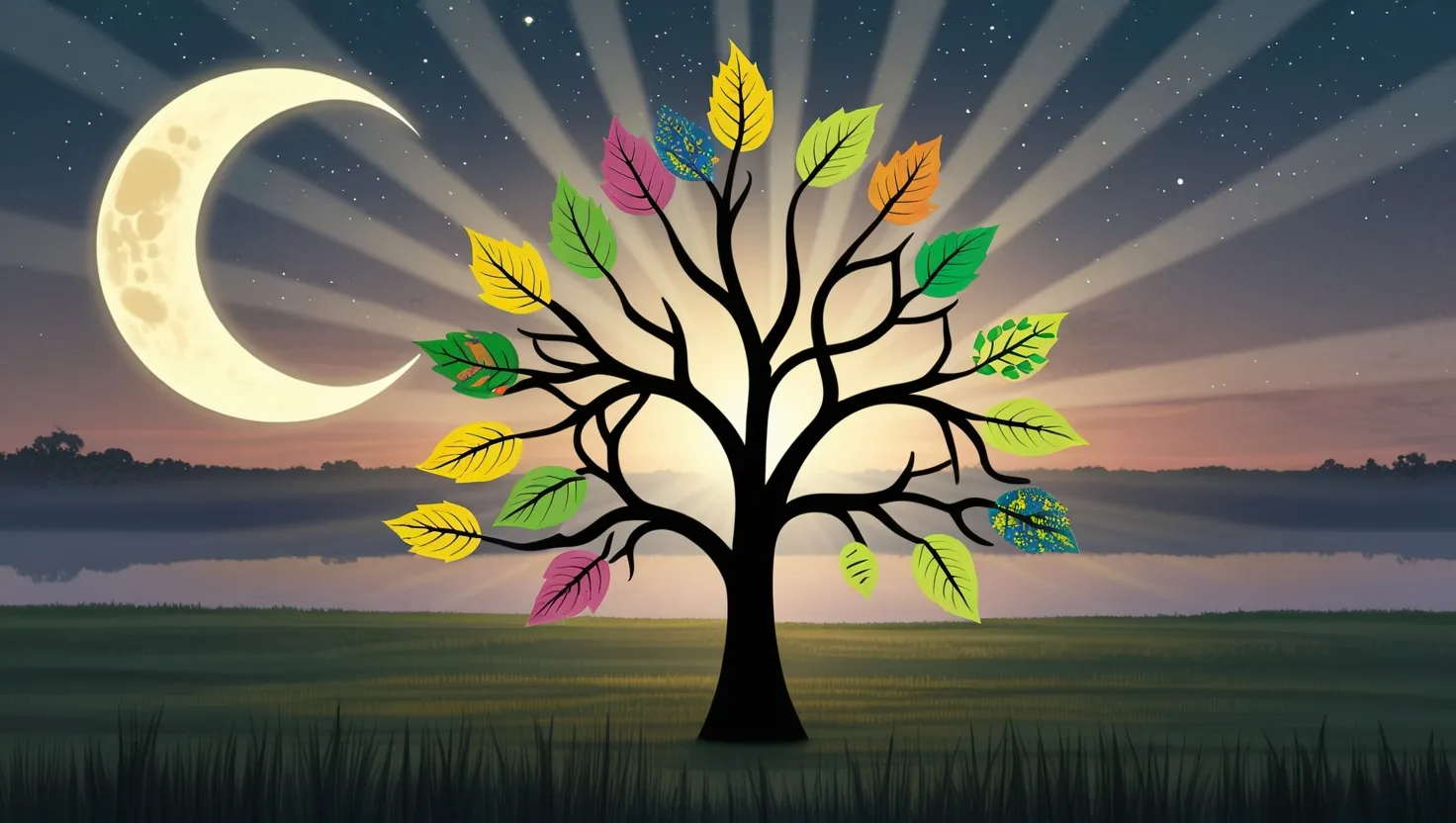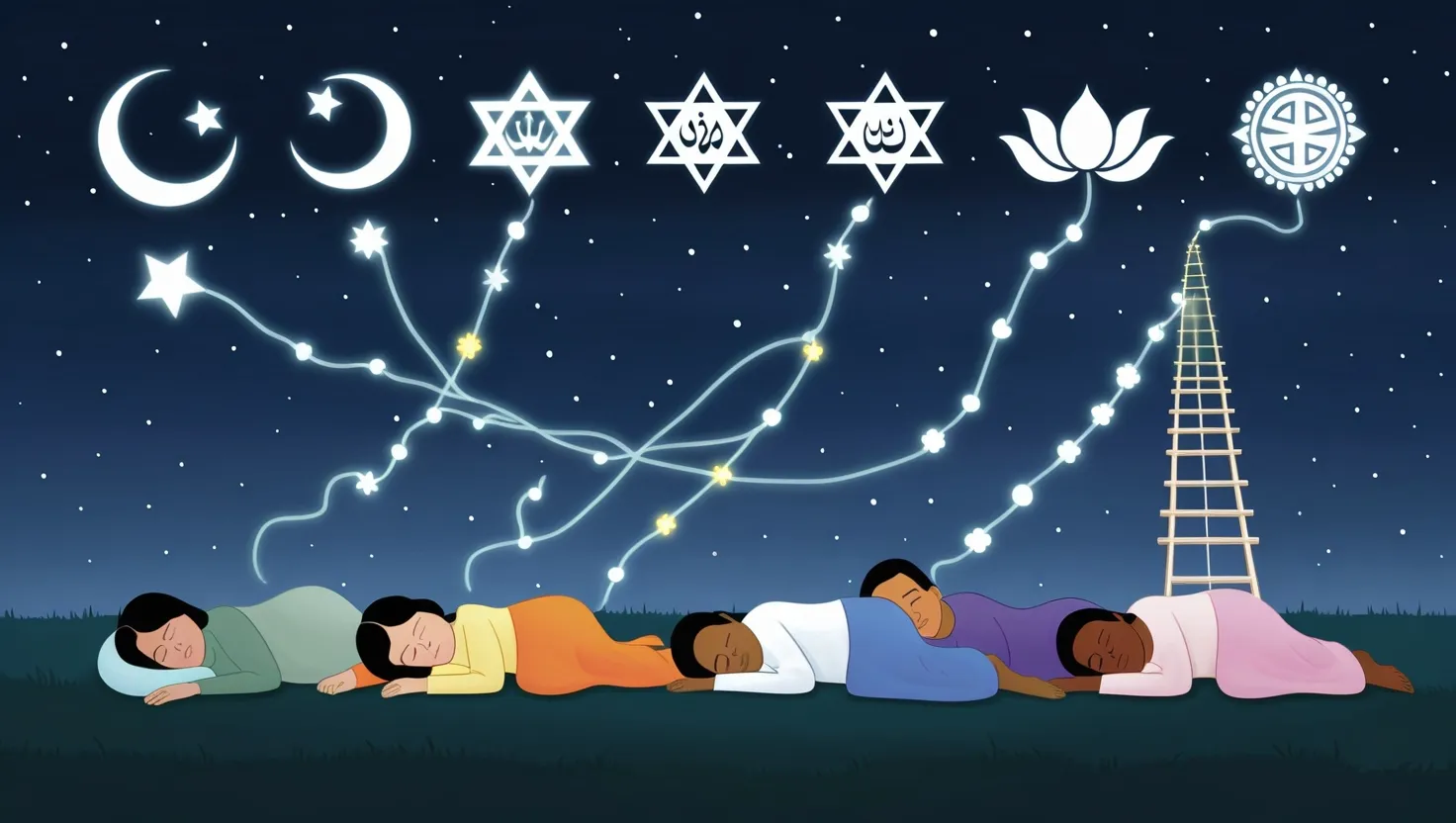Atheism has been a part of our world for centuries. It’s more than just not believing in gods; it’s a choice to reject the idea altogether. Many atheists lean on science and philosophy, arguing that there’s hardly any solid proof that God exists.
One big argument atheists have is the problem of evil. If there’s a God who’s all-powerful, all-knowing, and good, why is there so much suffering? This question has stumped a lot of smart people over the years. Another point atheists make is about proof. They say there’s no solid evidence that proves God exists, and a lot of things in nature can be explained through science without needing divine intervention.
Atheism isn’t a religion. It’s simply rejecting the belief in gods. People often mix up atheism with agnosticism, but they’re not the same. Agnostics are on the fence about whether God exists or not, while atheists are pretty sure there’s no God. In many countries, including the United States, atheism is protected by constitutional rights, so atheists can express their views without worrying about persecution.
Atheism isn’t new; it’s been around since ancient times. Ancient Greek philosophers like Epicurus were questioning gods long before the common era. Thinkers during the Enlightenment, like David Hume and Immanuel Kant, also poked holes in the arguments for God’s existence. By the 19th and 20th centuries, big names like Nietzsche, Marx, and Freud were shaping modern atheism.
Atheists also come in different flavors. Some, known as positive atheists, actively believe there’s no God. Others, called negative atheists, just lack a belief in God. Some people call themselves humanists, freethinkers, or secularists — but they’re still atheists because they don’t believe in gods. The term “atheist” often gets a bad rap in many societies, which can make some people hesitant to use it. But owning the term can help non-believers find community.
Atheism isn’t confined to one place; it’s a global thing. There might be about a billion atheists around the world. In the U.S., around 4% of the population identify as atheists. They tend to be younger, mostly male, and often white with a college degree. Even without religious belief, many atheists find meaning through science, nature, and relationships.
So, atheism is a conscious choice to reject the idea of gods, rooted in science and philosophy. It’s not a religion but a way to look at the world without divine beings. Atheists come in different types, and their rights are protected by law. Although it’s been around for ages, atheism is still growing and evolving, becoming a significant part of today’s society.

